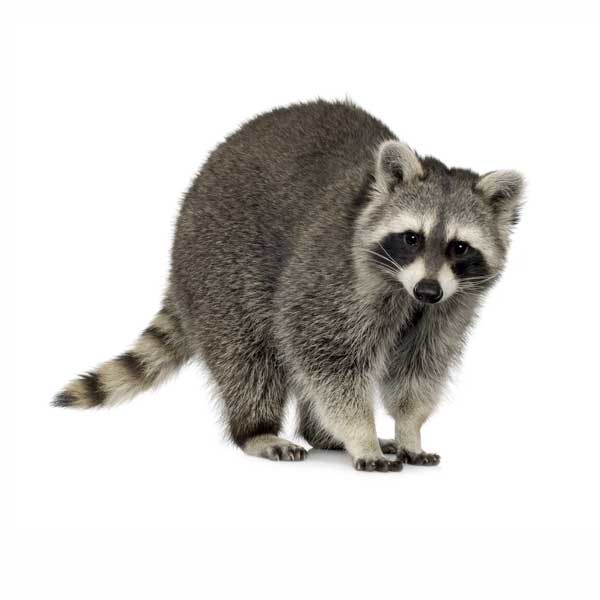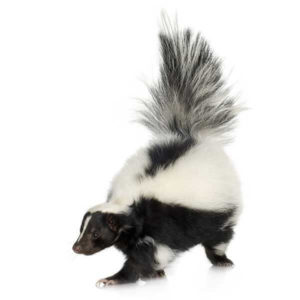Raccoons in San Angelo
Raccoons are stout creatures recognized by their distinctive black “mask” around the eyes. They inhabit a wide range, spanning much of the United States and northern South America. Raccoons are nomadic, sticking to marked territories. Instead of digging or creating nests, they prefer to mark spots, using them as potential shelters. Active year-round, raccoons may seek refuge in dens during harsh winter conditions. These creatures, often termed “backyard bandits,” are renowned for rummaging through trash cans, disrupting kiddie pools, and causing chaos around homeowners’ properties.
Raccoon Habitat
Raccoons favor wooded regions near water and natural environments, often resting in deserted burrows or tree bends. In cities, they settle in vacant crawl spaces, beneath porches, and even inside attics. Raccoons are versatile, exploring both rural and urban landscapes, scavenging for sustenance and investigating novel spots. Their diet is varied, encompassing insects, fruits, veggies, and smaller creatures when needed. Nocturnal by nature, raccoons have a reputation for rummaging through trash bins under the cover of night. Gardens and homes catch their interest due to available food and possible den sites.
Raccoon Behaviors, Threats, or Dangers
While not every raccoon carries rabies, raccoons overall are significant carriers of rabies in the U.S., particularly in the eastern regions where their numbers are on the rise. It’s crucial to ensure pets are adequately vaccinated to counter this risk. Raccoons have been known to prey on poultry, wreck bird nests, and cause harm to gardens and crops. In their attempts to build dens, they can wreak havoc on a home’s insulation, woodwork, shingles, wiring, and walls. Raccoon activity might also be indicated by droppings, urine marks, or materials amassed while constructing a nest. If you are having an issue with raccoons, it is best to consult a professional wildlife control company for removal.


